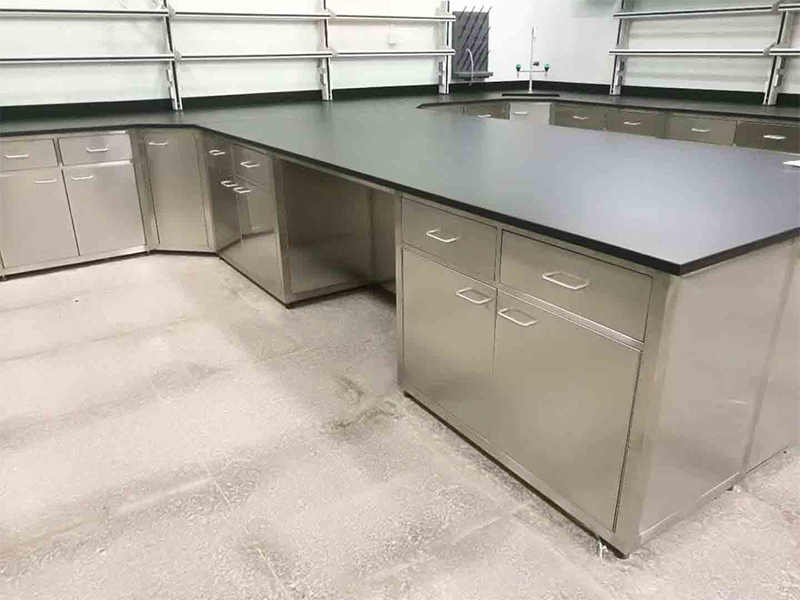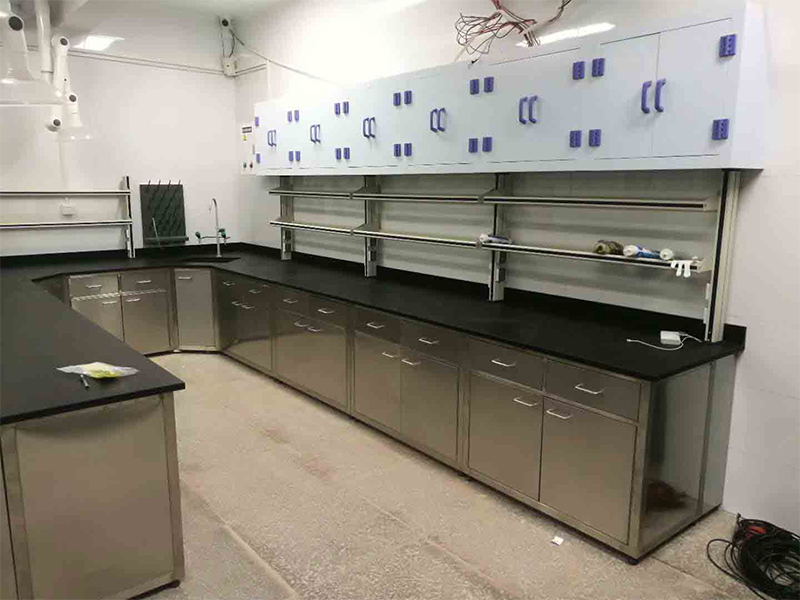Okay, so the lab bench. Kind of the holy altar of science, right? Everyone’s always hovering around it, poking stuff, mixing things, making magic (or, you know, just trying not to set anything on fire). Thing is, if you’re not careful, it’ll bite you back—fast.
First thing—clean up your mess. Seriously. A cluttered lab bench is just asking for it. Old coffee cups, rogue pipette tips, weird sticky stuff you swore you’d clean last week—ditch it. Hit everything with disinfectant, wipe down spills, and keep an eye out for mystery stains. You don’t want to be that person who ruins someone’s experiment because your bench was a biohazard zone.

Staying organized? Non-negotiable. If you’re the type who just dumps glassware wherever, you’re playing with fire (sometimes literally). Chemicals get one spot, glassware another, and for the love of all that is scientific, don’t mix up your acids and bases. Sharp things? Treat them like they’re out to get you. Store them right after you use them—nobody likes a surprise jab.
Then there’s PPE. You might think you look cool without safety goggles, but trust me, nothing says “rookie” like chemical splash in your eye. Lab coats, gloves, eye protection—wear ‘em. If you’re working with the gnarlier stuff, slap on a face shield or fire up that fume hood. Looking ridiculous is a small price to pay for keeping your skin.
When it comes to chemicals, label everything. Don’t trust your memory—everyone’s got that one bottle of “clear stuff” that’s actually wildly dangerous. MSDS sheets? Keep ‘em handy, and actually read them. Anything vaguely explosive or noxious? Do it near a fume hood, not in the open like you’re invincible.

And hey, your back is important too. Hunching over a bench for hours is a fast track to regret. Adjust the height, get a decent chair, and make sure you have enough light so you aren’t squinting like a mole rat.
Waste goes in the right bin. No, your sharps do NOT belong with regular trash. Chemical waste, biological gunk, broken glass—separate, label, and toss them where they belong. Otherwise, you’re just creating more problems for everyone.
Bottom line? Lab safety isn’t just red tape—it’s how you keep your work (and yourself) in one piece. Clean, organize, glove up, label everything, and don’t forget to take care of your own body. Science is already unpredictable—don’t make it more dangerous than it needs to be.


